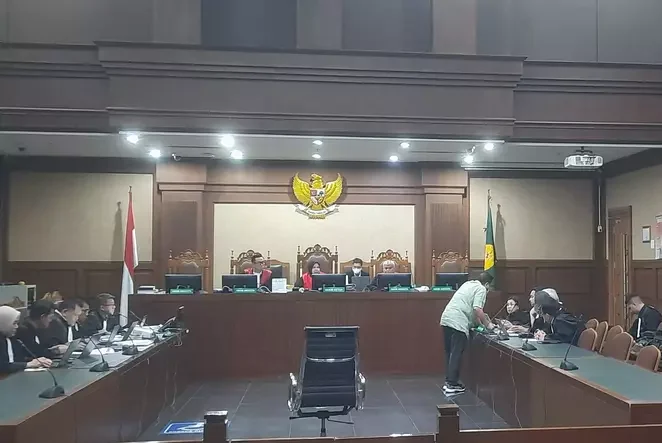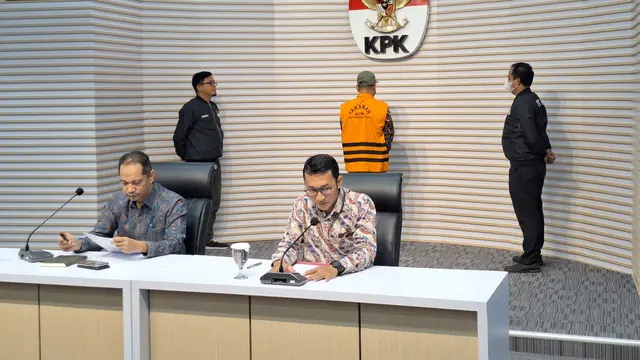
The Unseen Dangers of Dismantling Ammunition: A Tragic Explosion in Garut

Garut, Xweb.biz.id – On May 12, 2025, tragedy struck Cimerak Village, a quiet community in Garut, West Java. A powerful explosion took the lives of several locals and injured others. This deadly event, however, was not the result of an external attack or an accident but the byproduct of an alarming practice — the dismantling of expired ammunition by untrained residents.
For months, the people of Garut had been hired to dismantle old and expired ammunition left over from military supplies. These residents, many seeking extra income in a difficult economic environment, were paid a modest daily wage of IDR 150,000 (roughly USD 9.30). What seemed like a temporary job to earn a living would ultimately prove to be deadly.
The Price of Survival
Agus Setiawan, a relative of one of the explosion victims, shared the harsh reality: “We were laborers, opening casings and dismantling ammunition,” he said, explaining that this labor could continue for days, depending on the amount of expired ammunition arriving in the area.
But there was more to this risky operation than just dismantling the ammunition. Many workers also sold the leftover metal parts to scrap collectors, bringing in an additional IDR 50,000 to IDR 100,000 on some days. While it might have seemed like a legitimate way to make money, the true cost of these actions became painfully clear when the explosion occurred.
The Human Toll
The blast left several dead, including the workers themselves who were handling the dangerous material. Families of the victims, like Agus, now mourn their loss while grappling with the dangerous conditions under which their loved ones worked. The local community has been left in shock, and the incident is raising many questions about the lack of oversight and regulation in handling military waste in civilian areas.
The Bigger Problem: Lack of Oversight
What makes the Garut tragedy even more disturbing is the lack of supervision. There was no professional military protocol to safely dismantle or dispose of the ammunition, nor were there any proper safeguards in place to protect the workers from the inherent dangers. It appears that military waste was handled in a manner that was not only unsafe but also exploited by those in need of work.
The individuals hired for this dangerous task had little to no training in handling explosive materials. No safety measures were enforced, leaving workers exposed to the risks of the very items they were handling. What seemed like a simple labor job turned out to be a fatal gamble.
The Need for Change
As investigations unfold, questions are being asked about the procedures in place for managing expired ammunition and military waste in Indonesia. How did this material end up in the hands of untrained civilians? Why wasn’t there better monitoring or enforcement of safety standards? And what can be done to prevent further tragedies like the one in Garut?
Local authorities, in collaboration with military and police forces, are now looking into the circumstances that allowed this unsafe practice to continue in residential areas. It is clear that accountability and better regulation are desperately needed to prevent similar incidents in the future.
A Wake-Up Call
The Garut explosion serves as a stark reminder of the risks that can arise from poor oversight and unregulated practices. While the tragedy is heartbreaking, it has sparked a necessary conversation about military waste disposal, labor rights, and the importance of community safety. The people of Garut, and indeed all of Indonesia, deserve to know that such dangerous work will not be forced upon them again.
As investigations continue, the hope is that this tragedy will lead to meaningful change—that those responsible for such hazardous conditions will be held accountable, and that more robust systems will be put in place to protect workers and communities across the country.





